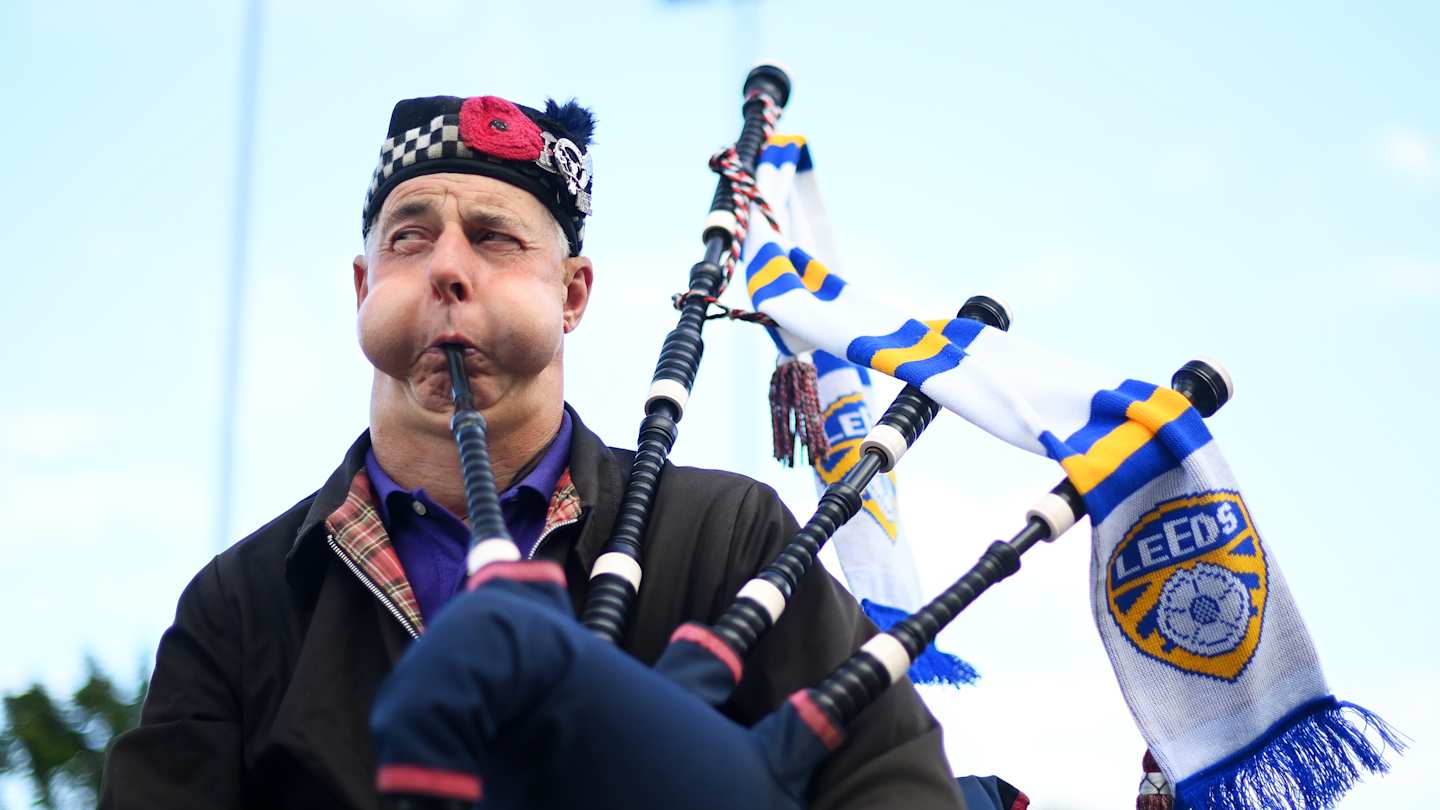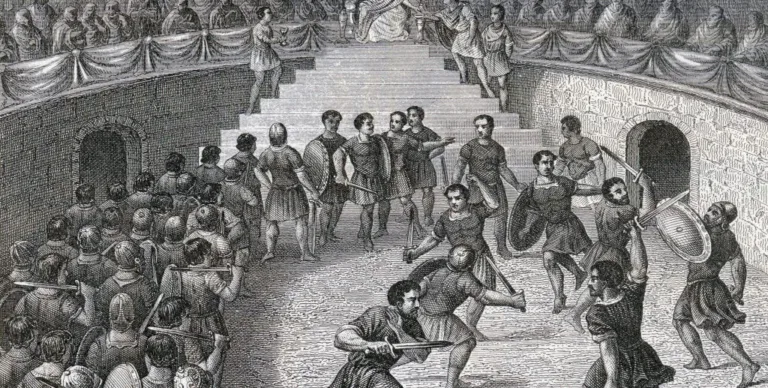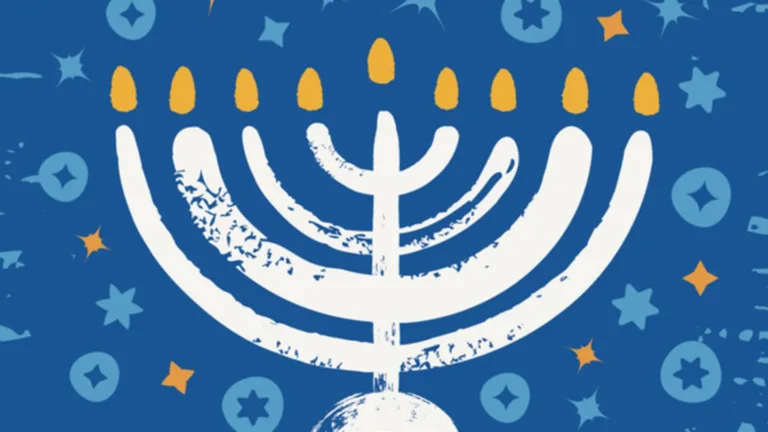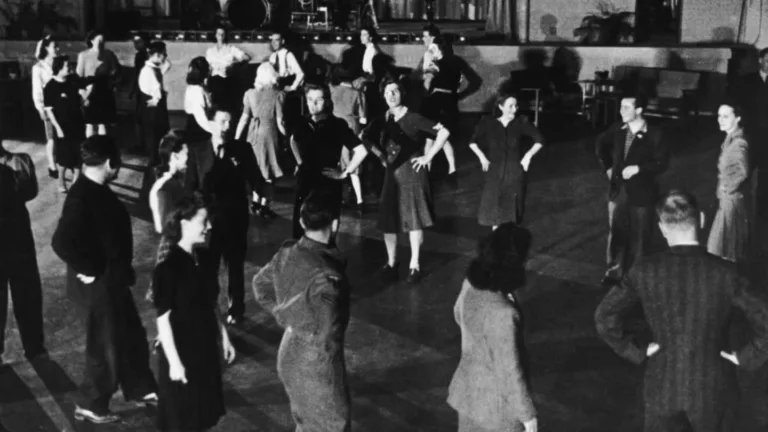The mournful sound of bagpipes echoing through a solemn procession is a sight often associated with funerals, particularly those of police officers. But have you ever stopped to wonder why this instrument, deeply rooted in Scottish and Irish cultures, holds such prominence at these somber occasions?
The use of bagpipes at Police Funerals can be traced back to the late 19th and early 20th centuries. In England, their presence became commonplace thanks to Sir Robert Peel’s establishment of The Metropolitan London Police Force. This force included officers from both Scotland and Ireland, who often utilized bagpipes for military purposes.
Across the Atlantic, the tradition likely gained traction due to the increasing number of Irish immigrants joining law enforcement in America. Bagpipes served as a beautiful way to honor their cultural heritage during These Important Farewells. It’s also possible that early American police departments simply adopted British customs, including the use of bagpipes at funerals.
The History Of Bagpipes At Police Funerals
As the years passed, the use of bagpipes at police funerals became increasingly widespread across both Europe and North America. Scottish bagpipes, known for their powerful sound and ability to carry over large distances in outdoor settings, quickly gained popularity over the Irish-style (Uilleann) bagpipes.
This choice likely stemmed from the practical need to be heard clearly during somber processions often held outdoors. The tradition solidified its place in American culture after President John F. Kennedy’s funeral procession in 1963, where bagpipers played a poignant tribute. This momentous occasion further heightened public awareness of why are bagpipes played at funerals and their association with remembrance and Solemn Occasions.
The popularity of bagpipes at police funerals continued to grow throughout the 20th century, becoming a deeply ingrained part of Ceremonies Honoring Fallen Officers. The mournful melodies, Often Including Traditional Tunes Like “Amazing Grace” or “Balmoral,” resonated with mourners and served as a powerful expression of grief and respect.
Influences On The Tradition
The tradition of playing bagpipes at Police Funerals isn’t just about honoring fallen officers; it’s also a reflection of the deep cultural ties between law enforcement and these musical traditions.
The influence of Scottish and Irish communities on both British and American policing played a significant role in establishing this custom. Early police forces often recruited heavily From These Backgrounds, bringing their own customs and musical heritage with them. The bagpipe became a symbol of strength, resilience, and camaraderie within these communities, which naturally extended to their service in law enforcement. This intertwining of cultural identity and Professional Duty Solidified why do they play bagpipes at funerals for police officers.
Beyond its cultural roots, the bagpipe’s unique sound also contributed to its adoption at these somber events. The instrument’s ability to project its mournful melodies over vast distances made it particularly suitable for outdoor processions, often held in public spaces as a way of honoring fallen officers and offering condolences to their families.
 Royal Eras: Exploring Englands Historical Periods
Royal Eras: Exploring Englands Historical PeriodsBagpipe Styles And Music Used
While both Scottish and Irish bagpipes have a rich history, the type most commonly heard at police funerals in North America is the Highland bagpipe. Known for its powerful sound and association with military traditions, the Highland style proved particularly well-suited for outdoor ceremonies. Its deep, resonant drone notes can carry over Long Distances, ensuring that the somber melodies reach every corner of the procession.
The repertoire performed at bagpipes at police funerals typically reflects this mournful atmosphere. Classic tunes like “Amazing Grace” and “Balmoral” are staples, their lyrical melodies conveying a sense of reverence and solemn respect. These traditional pieces are often chosen for their ability to evoke feelings of empathy and shared grief among the mourners.
Beyond these well-Known Favorites, bagpipers may also incorporate other slower, more introspective tunes that resonate with the occasion. The choice of music is often tailored to the specific officer being remembered, reflecting their character and service.
The Kennedy Effect
The assassination of President John F. Kennedy in 1963 sent shockwaves through the nation and left a profound mark on American culture. His funeral procession was a somber spectacle watched by millions worldwide, with bagpipers playing “Amazing Grace” as his casket made its way through the streets of Washington D.C.
This televised event had a significant impact on public perception of bagpipes at police funerals. The mournful melodies, amplified by the national spotlight, resonated deeply with mourners across the country. It helped solidify the image of bagpipes as a symbol of solemn remembrance and respect for those who have served and sacrificed their lives.
The Kennedy funeral marked a turning point in how these instruments were viewed within American society. Prior to this event, bagpipes were primarily associated with Scottish and Irish traditions. However, the emotional power displayed during the president’s procession brought them into the mainstream, cementing their place as a poignant tribute for fallen heroes, Including Police Officers.
A Lasting Legacy
Today, the tradition of playing bagpipes at police funerals remains a deeply cherished custom, serving as a powerful testament to the respect and admiration held for law enforcement officers who have given their lives in service.
The haunting melodies not only honor those lost but also offer solace to grieving families and colleagues. They create a solemn atmosphere that reflects the gravity of the occasion while simultaneously celebrating the courage and dedication of those who served and Died Protecting Their Communities. The enduring legacy of why are bagpipes played at funerals for police officers speaks volumes about the profound impact these instruments have on our collective understanding of grief, remembrance, and the importance of honoring those who make the ultimate sacrifice.
As long as individuals continue to serve in law enforcement, this tradition will likely endure, providing a poignant reminder of their valor and the sacrifices they have made.










